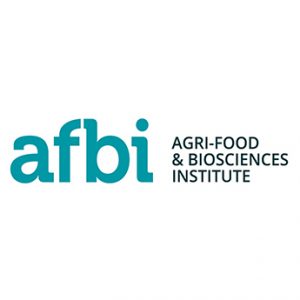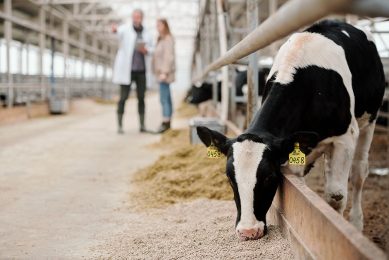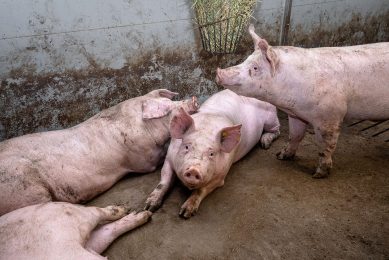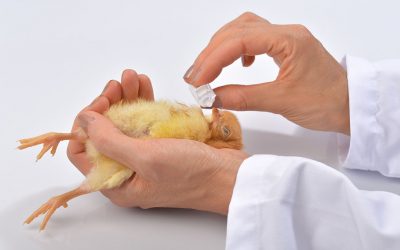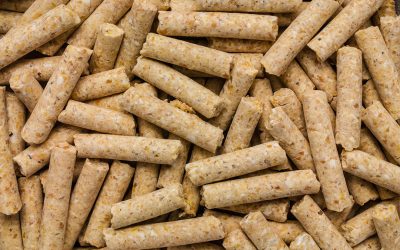AFBI pioneers with precision feeding for sheep
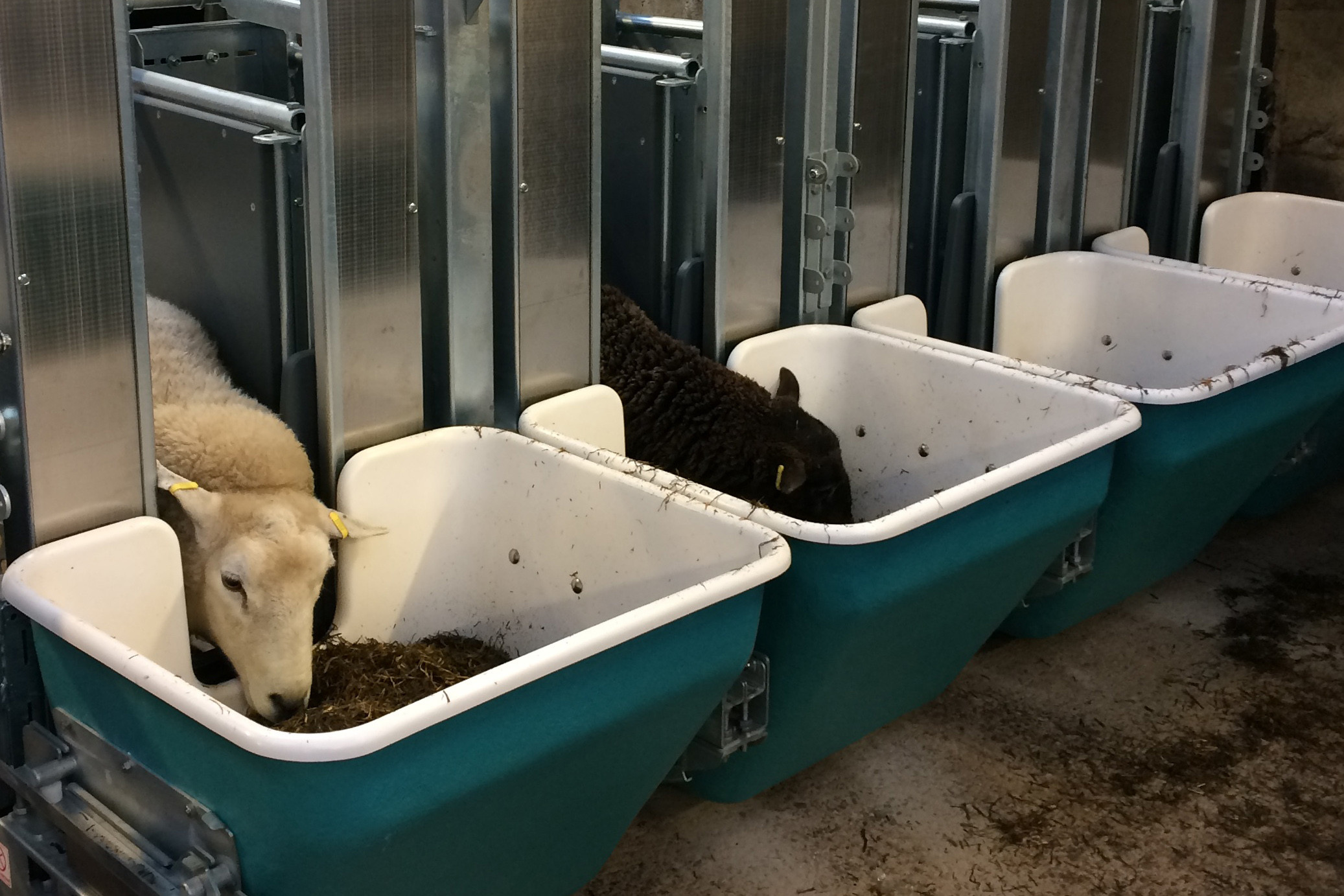
The UK’s first electronic feed and water intake monitoring system for sheep has recently been installed at the Agri-Food and Biosciences Institute (AFBI) research farm in Hillsborough.
The UK’s first electronic feed and water intake monitoring system for sheep has recently been installed at the Agri-Food and Biosciences Institute (AFBI) research farm in Hillsborough.
This was purchased with central government funds to establish the Centre for Innovation Excellence in Livestock (CIEL), which is a new UK-wide research partnership of leading livestock research centres. This new system puts AFBI Hillsborough at the forefront of sheep research in the UK and expands AFBI’s capability and expertise to conduct research into sheep nutrition and genetics.
The ability to monitor feed intake of individual sheep is fundamental to many of the research projects conducted at AFBI Hillsborough. However, measuring feed intake of individual sheep is particularly time consuming since historically this has involved penning sheep individually. The new computerised and automated recording system enables individual intakes to be monitored under normal group conditions and will enable measurement of feed intake on up to 50 sheep.
The system comprises 16 forage feed boxes, 2 concentrate feeders and 4 automated drinkers. Many of the current automated feed intake systems for sheep can only offer pelleted feed but AFBI’s integrated system will also record the intake of fresh grass and silage and water consumption.
The system identifies each animal by its EID tag and electronically records feed intake, including feeding time, intervals between feeds and consumption at each feeding visit. Daily growth rate will also be measured using animal weighing platforms located in the concentrate and water intake systems. Sophisticated computer software then transposes the masses of data generated into a usable format for subsequent interpretation and analysis.
In combination with the existing research facilities at AFBI Hillsborough, this new system will be used to examine the impact on feed efficiency of factors such as forage type and quality, supplement type and modified management practices, whilst also facilitating investigation of interactions between nutrition, genetics and the immune system.
The new equipment will ensure that AFBI is well placed to evaluate innovations in farming practice that will improve production efficiency, thereby improving the profitability of sheep production.
Author:
Aurélie Aubry, Agri-Food and Biosciences Institute, Hillsborough


